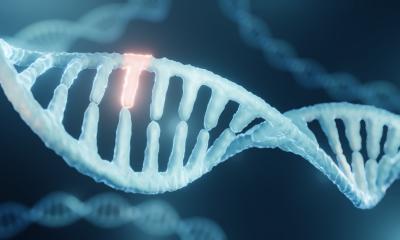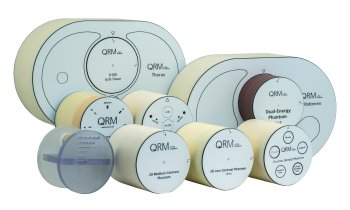Protein cocktail directs production of new heart cells
A cocktail of proteins that triggers the production of new heart muscle cells has been discovered by Benoit G Bruneau and Jun Kakeuchi at the Gladstone Institute of Cardiovascular Disease, in San Francisco.
‘The main focus at our lab is to understand how a heart becomes a heart, what cell lineage decisions take place to direct cardiac differentiation, and what morphogenetic and patterning processes occur to assemble all of the heart’s components into a functional organ,’ explained Dr Bruneau.
The researchers have identified three proteins that, together, direct the differentiation of mouse embryonic cells into beating heart cells. The proteins are a mix of transcription factors, which bind to DNA and influence gene expression and a heart-specific chromatin-remodelling protein. The new research, reported online in April by Nature (www.nature.com), may prove a first step towards making new, therapeutically useful heart cells via cellular reprogramming, Nature points out. ‘A damaged heart has little regenerative capability, so knowing the factors needed to produce new heart cells is of high interest. Although the authors used, as their starting point, mesoderm cells (the middle embryonic tissue layer that gives rise to muscle, bone and connective tissue), in theory their study provides a potential “recipe” that could be used to reprogramme other cell types to become heart muscle cells, a major goal of cell therapy.’
01.05.2009











